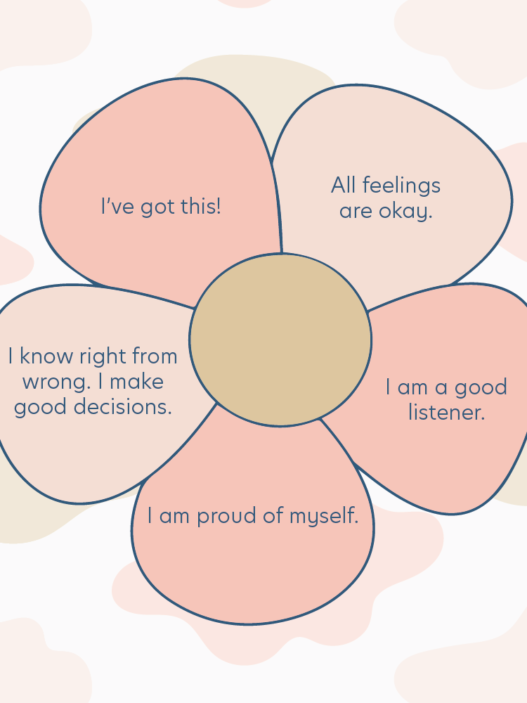Magnesium for sleep is gaining popularity as a natural technique to promote sleep. Many people have restless evenings and seek simple ways to relax without resorting to powerful medications. This mineral helps the body remain calm and the mind slow down, potentially leading to deeper sleep.
Although further research is needed, early studies and user tales point to a clear correlation. When magnesium becomes a regular part of a person’s habit, they frequently wake up feeling less weary. The question remains: how well does it actually work?
Check out this review to learn more about how magnesium may help you fall asleep faster and sleep better.
What Is Magnesium and Why Does the Body Need It?
Magnesium is a naturally occurring mineral that helps with a variety of bodily functions. It maintains the mind and body in balance. A lack of it can disrupt energy, mood, and sleep. The body cannot produce its own supply; thus, the only sources are food and supplements. Regular intake helps to maintain good health.

Magnesium plays the following primary roles:
- Keeps muscles and nerves operating properly.
- Converts food into usable energy.
- Builds and protects strong bones.
- regulates blood pressure and heart rhythm.
- Promotes quiet sleep and relaxation.
Magnesium is both simple and powerful. Enough of it permits the body to keep active during the day and rest at night.
How Magnesium Affects Sleep Quality?
Magnesium has a close relationship with rest. It relaxes the body, relieves tension, and promotes standard sleep patterns. When their levels are regulated, many people report falling asleep faster and waking up less during the night.
- Muscle Relaxation: This mineral relaxes stiff muscles, making the body feel lighter and ready to rest.
- Nervous System Calm: It reduces stress signals in the brain, reducing racing thoughts before bedtime.
- Melatonin Support: Magnesium is involved in the regulation of the hormone melatonin, which is the hormone that controls sleep and wake.
- Deeper Rest: When we get enough sleep, we can have more consistent sleep hours rather than a sudden awakening.
Proper sleep is generally developed. A stable magnesium level helps to achieve longer and more natural rest.
Signs of Low Magnesium and Sleep Problems
Poor sleep is often the manifestation of magnesium deficiency. This mineral is required by the body to relax; hence, a deficiency of this mineral interferes with the normal sleep pattern. Most people have long nights of tossing and turning. Some people experience tension in the muscles or some abnormal sense, and it becomes even more difficult to relax.
- Difficulty Sleeping: It is very hard to fall asleep, or you wake up too many times.
- Insomnia: This is due to poor sleep, causing an irregular night with little or no sleep.
- Restless Legs: This is the twitching or tingling of the legs that makes them move.
- Night Cramps: Muscle spasms that do not allow one to sleep deeply.
Equal amounts are time-relieving. Once magnesium is replenished in the body, sleep becomes more restful.
Best Food Sources of Magnesium
The best natural route of magnesium is through food. A full plate of healthy choices is conducive to sleep and wellness. Consumption of these foods often supplies the body with nutrients that it needs without the use of supplements.

- Nuts: Almonds and cashews are rich in magnesium, and they are very good snacks.
- Seeds: Adding pumpkin and sunflower seeds will provide crunchiness and add minerals.
- Leafy Greens: Spinach, kale, and others of this group house fiber, vitamins, and magnesium.
- Whole Grains: Quinoa, oats, and brown rice all offer stable energy, as well as the necessary minerals.
Day-to-day usage counts. Even a small substitute like whole grains in place of refined grains can work towards better sleep in the long run. According to Healthline and the Cleveland Clinic, whole grains, nuts, seeds, legumes, and leafy greens are the best natural magnesium-rich foods.
Magnesium Supplements for Sleep
Supplements are also used when magnesium levels are insufficient in the diet. All types work a bit differently, and the choice can have an impact on the sleep results. When the correct one is chosen, the body will be relaxed and in a position to relax.

- Magnesium Glycinate: It is easy to digest and commonly used to improve sleep quality.
- Magnesium Citrate: Absorbs quickly but may induce moderate gastrointestinal disturbances in higher doses.
- Magnesium oxide: Not so readily assimilated, but still found in numerous sleep mixes.
The diet must be supplemented by the supplements, and not replaced. Regular intake may allow the body to become more relaxed and improve the quality of sleep with time.
Precautions and Safe Use
Magnesium can help you sleep, but the appropriate dosage is essential. Large doses may upset the stomach and cause loose stools. There are those who feel a mild pain whenever they take too much at the same time.
Safe level changes with health, diet, and age. Supplements are to supplement, but not to substitute, food sources. People who have health problems or use medication on a daily basis should talk with a physician before starting to use it regularly. Care reduces the risk and makes it an efficient process.
Conclusion
Magnesium encourages sleep through very simple yet effective mechanisms. It relaxes stiff muscles, soothes the nerves, and aids in the release of melatonin. Food should always come first, but supplements can help if intake is too low.
Results take time, but consistent use can lead to longer and more peaceful evenings. The only thing about magnesium for sleep that is important is to be balanced.
An excessive amount would offend the stomach, but the exact amount will give the body a chance to rest. Magnesium, when taken correctly, may be a natural sedative.

















